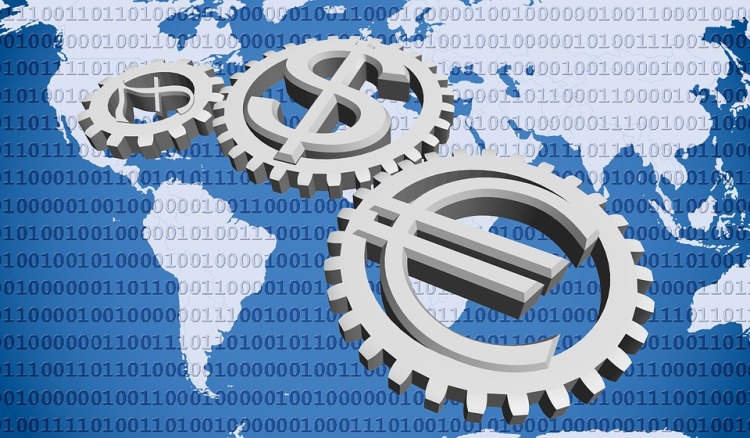FACTBOX-Global central bankers on coronavirus, possibility of rate cuts

With the rapid global spread of the new coronavirus and the U.S. stock market suffering its worst week since the Great Recession, central bankers around the world are under rising pressure to reduce borrowing costs to create a cushion against economic harm. So far they have largely resisted. Following are some of their recent remarks:
FEDERAL RESERVE CHAIR JEROME POWELL, Feb. 28:
"The fundamentals of the U.S. economy remain strong. However, the coronavirus poses evolving risks to economic activity. The Federal Reserve is closely monitoring developments and their implications for the economic outlook. We will use our tools and act as appropriate to support the economy."
SWISS NATIONAL BANK VICE-CHAIRMAN FRITZ ZURBRUEGG, Feb. 28:
"The virus could affect the outlook for the Swiss economy. Everything depends on how wide it spreads...If we conclude that monetary conditions need to be adjusted, we will lower the SNB key rate further."
DALLAS FED PRESIDENT ROBERT KAPLAN, Feb. 28:
"I’ll be carefully watching credit spreads, which up till now, other than for weaker credits, they’ve widened but not substantially. But I’ll be watching that. And a Fed funds adjustment historically has helped when you’ve got a severe tightening in financial conditions so I’ll be watching for that....I’ll be prepared to make a judgment and have a judgment on what I think we ought to do as we go into the March meeting and obviously in subsequent meetings this year."
ST LOUIS FED PRESIDENT JAMES BULLARD, Feb. 28:
"In my view, further policy rate cuts are a possibility if a global pandemic actually develops with health effects approaching the scale of ordinary influenza, but this is not the baseline case at this time...I am willing to react if that situation gets worse and there looks like there will be a major effect on the U.S. economy, and I think it would be an effective response. But we would have to get to that juncture."
BUNDESBANK PRESIDENT AND ECB POLICYMAKER JENS WEIDMANN, Feb. 28:
"This is a very complex monetary policy issue which, in my view, does not require acute monetary policy action."
LITHUANIA CENTRAL BANK GOVERNOR AND ECB POLICYMAKER VITAS VASILIAUSKAS, Feb. 28:
The ECB has a "wait and see approach," he said, but "there is no problem for the governing council to meet in some extraordinary way, not to wait until the next monetary policy meeting."
EUROPEAN CENTRAL BANK CHIEF CHRISTINE LAGARDE, Feb. 27:
"It is a fast-developing phenomenon which requires that we monitor very carefully." The bank would determine if the coronavirus was set to cause a "long-lasting shock" she said. "But we are certainly not at that point yet."
BANK OF ENGLAND DEPUTY GOVERNOR JON CUNLIFFE, Feb. 27:
"If it's a pure adverse supply shock, there is not much monetary policy can do...If we hit a big global shock, then one would want to use one's policy space - it is a risk management point - quickly, to avoid getting closer to a global liquidity trap. But that is if one hits that shock, rather than where we are at present."
BANK OF KOREA GOVERNOR LEE JU-YEOL, Feb. 27:
"For now, selectively deploying micro-policies to service sectors and other vulnerable industries would be a more effective set of responses than adjusting the (policy) rate."
CHICAGO FED PRESIDENT CHARLES EVANS, Feb. 27:
"I think it would be premature until we have more data and have an idea what the forecast is to think about monetary policy action,."
BANK OF JAPAN BOARD MEMBER GOUSHI KATAOKA, Feb. 26:
"I don't think the BOJ needs to take additional monetary easing steps now in response to the coronavirus outbreak.... We need to first look at how serious the impact from the outbreak would be."
(With inputs from agencies.)
ALSO READ
FACTBOX-Who are the elderly Swiss women behind the landmark climate court case win?
UBS faces tougher rules in Swiss response to Credit Suisse rescue
UBS to face tougher rules in Swiss response to Credit Suisse rescue
UPDATE 3-UBS faces tougher rules in Swiss response to Credit Suisse rescue
Takeaways from the Swiss women's climate victory










